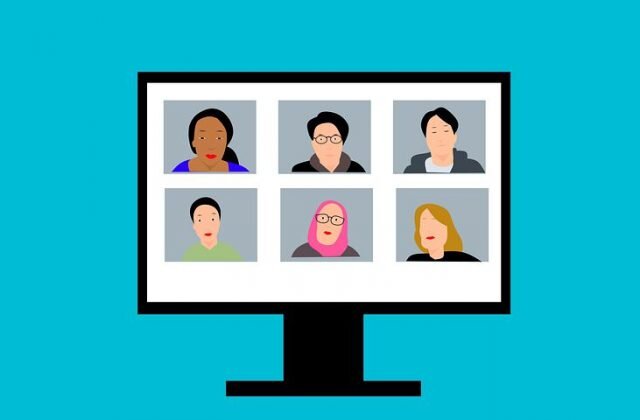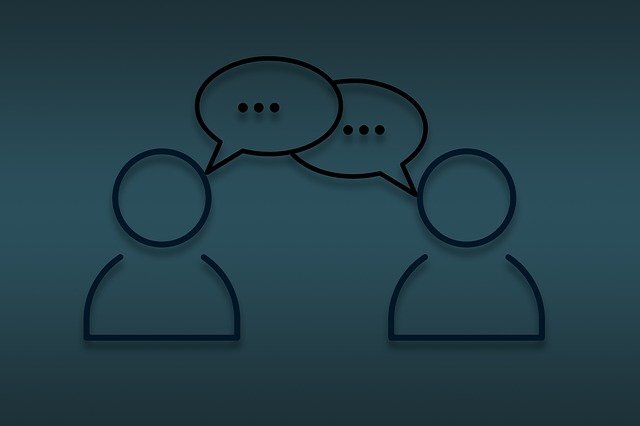Natalya is an undergraduate student studying anthropology and archaeology. Natalya enjoys long walks on the beach, drinking Piña Coladas and getting caught in the rain... when she is not overrun with schoolwork.
Natalya is an undergraduate student studying anthropology and archaeology. Natalya enjoys long walks on the beach, drinking piña coladas, and getting caught in the rain when she is not overrun with schoolwork.
Evolution is a touchy subject for some. In anthropology, we look at evolution and change through many perspectives: the evolution of the human species, ideologies, and cultural practices. Our sister subject, archaeology, examines how societies formed, collapsed, and rebuilt. Individualism is a pervasive ideology in the 21st century, specifically in western cultures, but how useful is thinking of oneself? It is easy to separate humanity from the rest of the natural world, given our higher intelligence and how we have shaped the world to work for us, but we are still just impressively advanced apes. Are humans meant to think primarily of themselves, or is it one of the reasons so many people struggle with mental health issues? To answer these questions, we must look at how and why humanity is the only species with the ability to use symbolic speech, a tool of ours that is severely overlooked.

Join the Waitlist
Humanity’s ability to have coherent, symbolic speech is potentially the most critical tool we developed. It is one reason our species is as widespread and successful as it is, no matter the climate. We spent millions of years evolving to create the appropriate biological phenomena to allow for speech: the diaphragm, lungs, teeth, the way our tongue operates, our ears, and of course, our brain.
There are two areas in the brain that allow for speech production and speech comprehension: the Broca’s area and the Wernicke’s area. Damage to either of these areas can result in a devastating loss to one’s ability to verbally express oneself or the ability to comprehend what others are saying. But why is speech so crucial? The answer is simple. Just like how a gazelle learns to run within its first few moments on earth, a human baby cries. Our most incredible evolutionary skill is our ability to ask for help. As my mother once told my sister before she took a solo trip around the world, “You can speak, you can read, and you can ask for help; you will be okay.”

... the first sign of humanity was that of a broken femur that was healed. Altruism, she argued, was what made humans human.
It is hard for biological anthropologists to pinpoint the exact time when speech developed in our ancestry. Many of the tissues indicative of speech decompose after death. However, for humans to have survived without any distinctive predatory features, like large canine teeth or the ability to run 100km/hr, our ability to communicate was and remains vital. Symbolic speech, the fact that one person can have an idea and articulate the concept to others, enabled society to develop tools, cities, and ideas like democracy. However, our ability to speak is not only used for outstanding, innovative ideas. Margaret Mead, a famous anthropologist, famously said that the first sign of humanity was that of a broken femur that was healed. Altruism, she argued, was what made humans human. Before this femur, it was assumed anyone with a broken leg would have been left to die, but not this ancestor; they had a community to help them heal. The ability to care for each other and to offer aid to our kin whenever it was needed ultimately defined us as a species.
As the pandemic rages on and millions of people have been isolated for months, we must not forget our skills as a species. In the coming years, the world will be collectively grieving our losses while preparing for whatever danger nature throws at us next. During this time, it is imperative to our survival that we ask for help and offer help whenever possible.
We are a social species. We need love; we need care.
It took humanity millions of years and countless failed ancestors to develop the ability to speak; it would be foolish to neglect that tool now. We are a social species. We need love; we need care. We need to be courageous enough to ask for what we need and have enough faith that support will always be offered to those who need it. So be courageous and ask for help; it is what we were designed to do.
Join the Conversation
Join the waitlist to share your thoughts and join the conversation.
Natalya Jones
Natalya is an undergraduate student studying anthropology and archaeology. Natalya enjoys long walks on the beach, drinking Piña Coladas and getting caught in the rain... when she is not overrun with schoolwork.
.png)